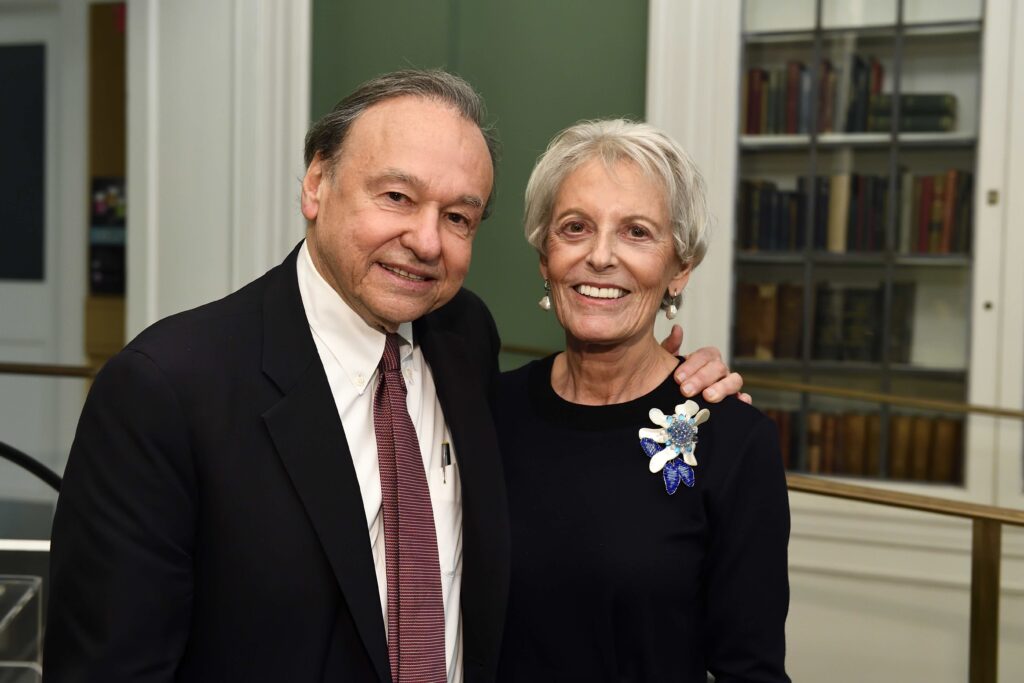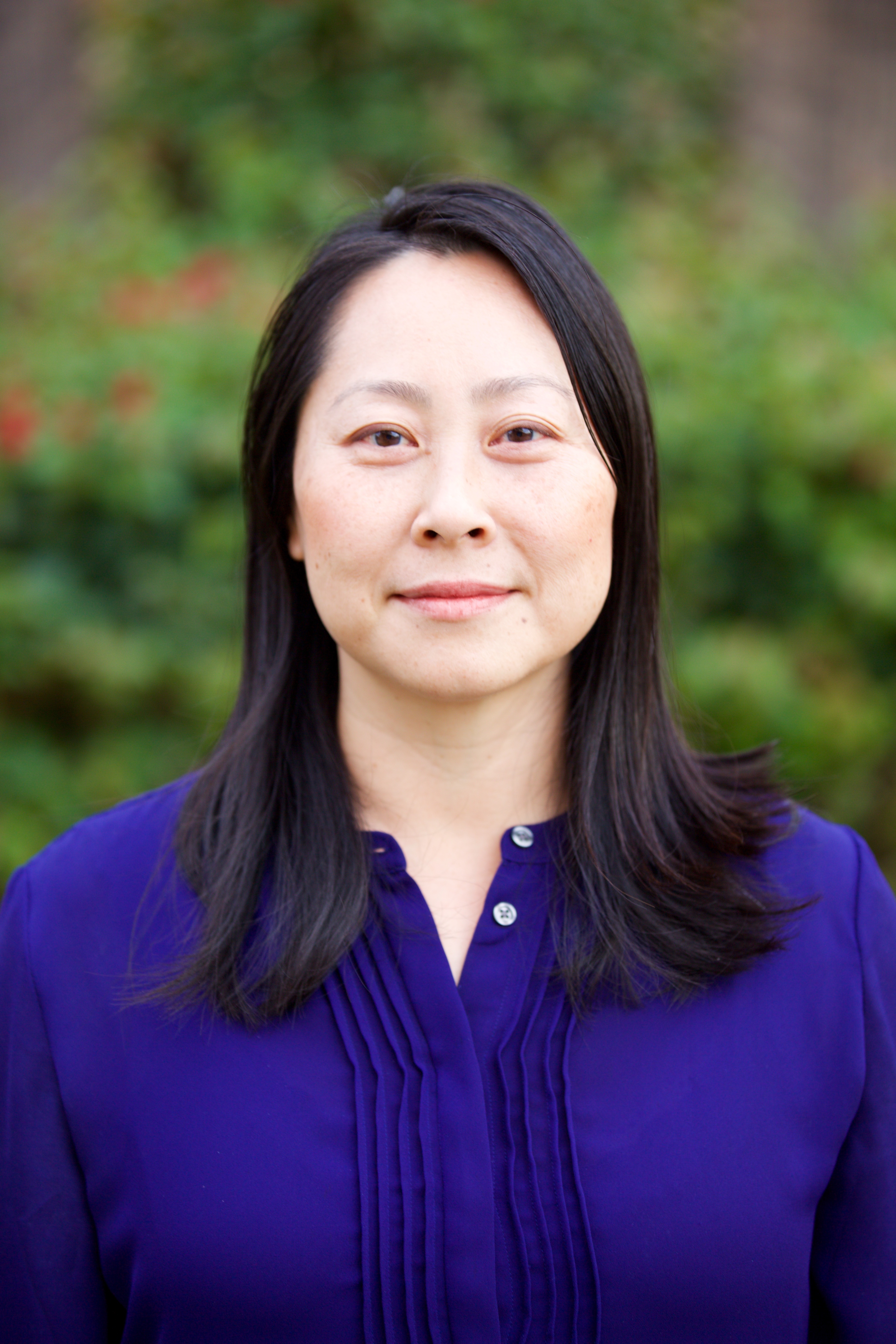 ARTHUR EISENBERG is the Executive Counsel to the New York Civil Liberties Union (NYCLU). Prior to assuming his current position, he served as Legal Director to the NYCLU for twenty-five years. Over a career at the NYCLU that has spanned more than 50 years, he has litigated extensively a range of issues of free speech, voting rights, race discrimination and education. He has been involved, as co-counsel, in more than 20 cases that were presented to the United States Supreme Court, representing either direct litigants or amici curiae. The cases included those involving the questions of whether Wisconsin engaged in unconstitutional, political gerrymandering when drew its legislative district lines (Gill v. Whitford (2017)); whether the Defense of Marriage Act was constitutional (United States v. Windsor (2013)); whether a state violated the fundamental right to vote when it denied voters the right to cast write-in ballots (Burdick v. Takushi (1992)); whether a school board violated the First Amendment in removing ten books from its high school library (Island Trees Union Free School District v. Pico (1982)).
ARTHUR EISENBERG is the Executive Counsel to the New York Civil Liberties Union (NYCLU). Prior to assuming his current position, he served as Legal Director to the NYCLU for twenty-five years. Over a career at the NYCLU that has spanned more than 50 years, he has litigated extensively a range of issues of free speech, voting rights, race discrimination and education. He has been involved, as co-counsel, in more than 20 cases that were presented to the United States Supreme Court, representing either direct litigants or amici curiae. The cases included those involving the questions of whether Wisconsin engaged in unconstitutional, political gerrymandering when drew its legislative district lines (Gill v. Whitford (2017)); whether the Defense of Marriage Act was constitutional (United States v. Windsor (2013)); whether a state violated the fundamental right to vote when it denied voters the right to cast write-in ballots (Burdick v. Takushi (1992)); whether a school board violated the First Amendment in removing ten books from its high school library (Island Trees Union Free School District v. Pico (1982)).
Eisenberg is the co-author, with Burt Neuborne, of the Rights of Candidates and Voters (2nd ed. 1980). He published an essay on issues of faith and conscience, in the book, Engaging Cultural Differences (2002), on military tribals in It’s a Free Country (2002); on school reform and the State Constitution in A Quality Education for Every Child (2009); and on free speech in Occupy Wall Street in Beyond Zuccotti Park (2012). He has also published law review articles on a range of topics including essay on Lani Guinier (Review Essay: “The Millian Thoughts of Lani Guinier,” New York University Review of Law and Social Change (1995)); on Robert Bork (“Repaid In The Coin Of A Controversialist: The Bork Nomination Process,” University of Cincinnati Law Review (1990)); on campaign finance reform (“Civic Discourse, Campaign Finance Reform, and the Virtues of Moderation,” Cardozo Studies in Law and Literature (2000)); and on censorship of the arts (“The Brooklyn Museum Controversy and the Issue of Government-Funded Expression,” Brooklyn Law Review (2000)).
Eisenberg earned his BA degree from Johns Hopkins University and his J.D. from Cornell Law School. He has taught courses in Constitutional Litigation, Civil Rights Law and Constitutional Law at Cardozo Law School and the University of Minnesota Law School and is currently teaching at Cardozo Law School.
SUSAN ENGEL is a graduate of Cornell University and the Harvard Business School. After business school, she joined the management consulting firm, Booz, Allen and Hamilton, and became the second woman partner from among the consultants in the firm.
Following 14 years at Booz Allen, Susan went to the Sara Lee Corporation becoming CEO of the Champion products division. She subsequently left Sara Lee to become president and CEO of a public company headquartered in Minneapolis where she formed a conglomerate of giftware and table-top companies under the name Lenox Group Inc. After 16 years she returned to New York City to head up a private equity backed consumer electronic marketplace, Portero Inc., which sold pre-owned luxury accessories. Susan ultimately sold Portero and happily retired. She has been enjoying volunteer board and operational work with not-for-profit organizations.
During her active working-life she served on the Board of Directors of several public corporations and private entities including Wells Fargo, Supervalu, the University of Minnesota Business School, the Minnesota Allina Hospital System, the Guthrie Theatre and Planned Parenthood of Minnesota, among others.
